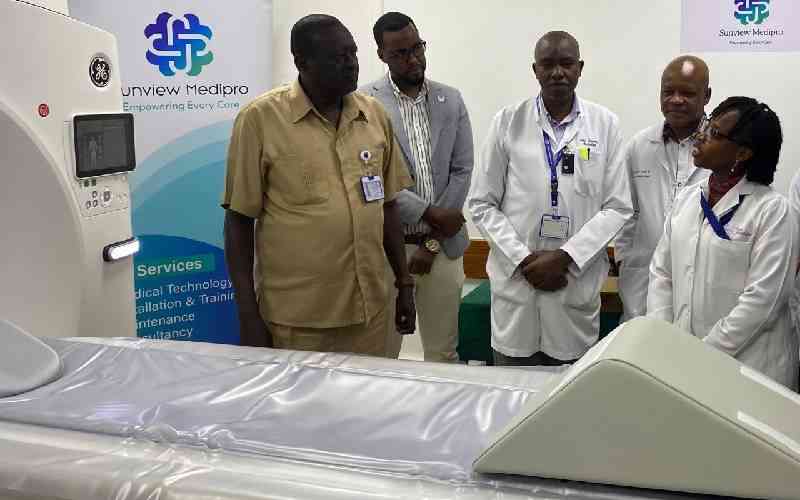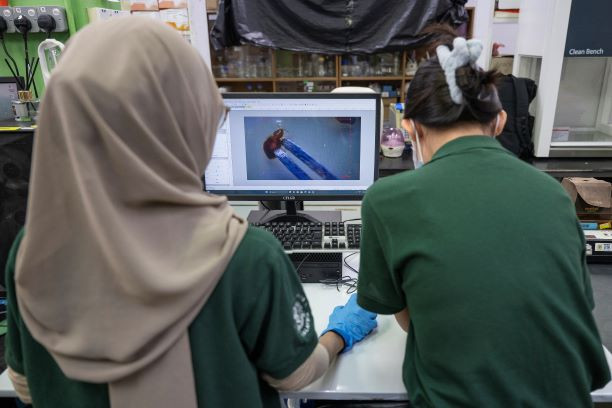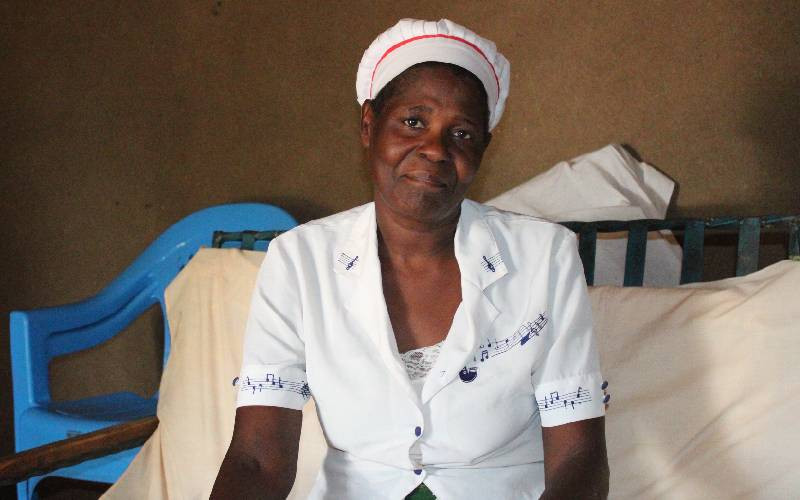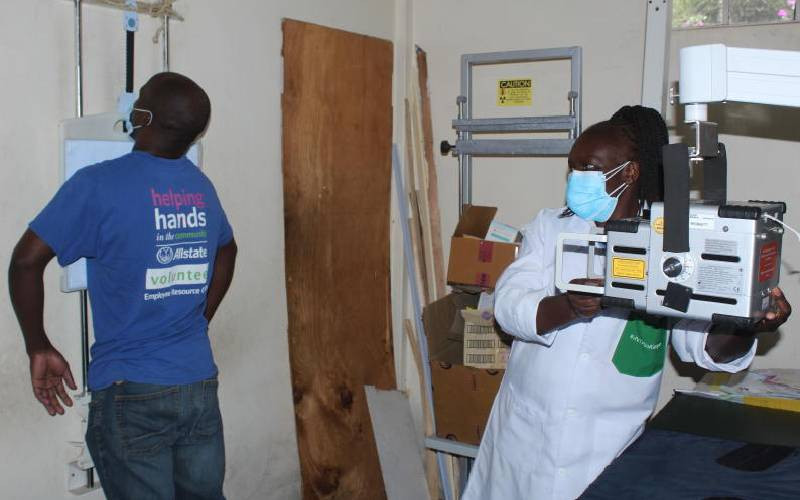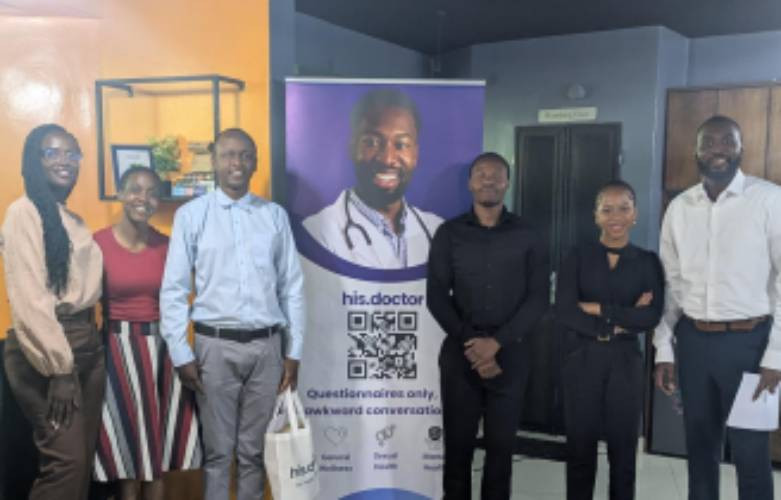
Healthcare professionals gather to promote new telemedicine services aimed at closing gaps in men’s mental and sexual health access.
Fewer than one in three Kenyan men seek regular medical care, a 2022 government survey shows. Millions remain at risk from untreated conditions, especially in mental and sexual health.
Only 21 percent of men experiencing depression or anxiety receive treatment, while men aged 25 to 45 are twice as likely as women to delay seeking sexual health services.
In response, His.Doctor, a digital wellness platform focused on men’s health, has partnered with Tibu Health to launch confidential telemedicine services in Kenya. The platform allows users to consult licensed clinicians through WhatsApp, SMS or the web and receive same-day medication delivery.
The service will first launch in major urban centres before expanding nationwide. It will offer mental health support, sexual wellness consultations and chronic disease management. Medication will be delivered through partnerships with Express Messengers and local pharmacies.
Kenya’s digital health sector has seen rapid growth in recent years, driven by mobile penetration, urban demand and post-pandemic shifts in care delivery.
The Ministry of Health has endorsed telemedicine as a tool to expand access, especially for underserved populations. However, uptake among men has lagged, with cultural stigma and privacy concerns cited as barriers.
His.Doctor aims to close that gap by offering discreet, tech-enabled alternatives to clinic visits.
- Meet mental health coach 'Hummingbird,' healing hearts and saving one soul at a time
- 'I want to stop': Young Kenyans open up about struggle with masturbation
- Unmasking the pain behind men's mental health
- One conversation at a time: How Karume is making space for men's mental health
Keep Reading
“Men’s health has been in the shadows for too long in Kenya,” said Loyan Madikizela, Head of Operations at His.Doctor Kenya.
“By meeting men where they are comfortable, on their phones and in privacy, we remove the biggest obstacles to care. That includes stigma, inconvenience and fear of judgment.”
Market research conducted among 2,000 Kenyan men found that 68 percent would use virtual health services if confidentiality were guaranteed.
Organisers said the findings shaped the platform’s design, which centres on private registration and secure patient records.
“This partnership represents the future of healthcare in Africa. It is accessible, affordable and dignified,” said Alice Oduor, Chief Operating Officer of Tibu Health.
“When men can access care without leaving work or explaining their absence, we see engagement rates multiply. That is how health outcomes shift at a population level.”
Kenya has recorded growing interest in telemedicine in recent years, though challenges remain in reaching rural areas where internet access is limited. Public health experts say overcoming stigma and building trust will be key to improving men’s health outcomes.
 The Standard Group Plc is a multi-media organization with investments in media
platforms spanning newspaper print
operations, television, radio broadcasting, digital and online services. The
Standard Group is recognized as a
leading multi-media house in Kenya with a key influence in matters of national
and international interest.
The Standard Group Plc is a multi-media organization with investments in media
platforms spanning newspaper print
operations, television, radio broadcasting, digital and online services. The
Standard Group is recognized as a
leading multi-media house in Kenya with a key influence in matters of national
and international interest.

